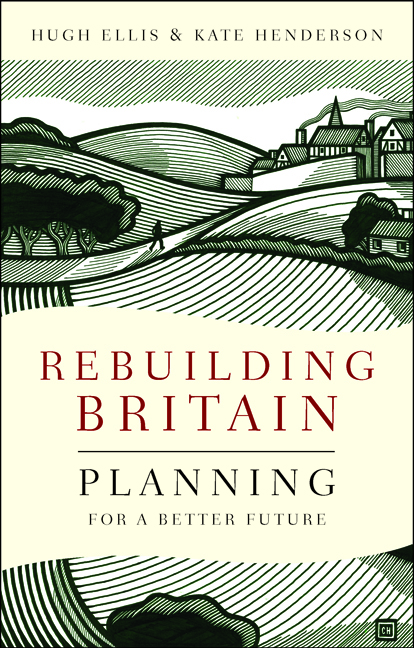10 - A fair and efficient society
Published online by Cambridge University Press: 04 March 2022
Summary
….reducing inequality would increase the well being and quality of life for all of us. Far from being inevitable and unstoppable, the sense of deterioration in social wellbeing and the quality of social relations in society is reversible. Understanding the effects of inequality means that we suddenly have a policy handle on the wellbeing of whole societies. (Wilkinson and Pickett, 2009)
We have a clear sense now of the scale of the challenge which faces us. It is equally clear that this challenge has both a practical and moral aspect. The question now is what can we do about it?
Part Three sets out five practical steps needed to build a better society:
• a fair and efficient society
• rebuilding trust
• building the homes we need
• providing a resilient and low-carbon future
• paying for utopia.
Each one of these on their own would make a difference to our future but in order that we avoid repeating our past mistakes we also need to consider a new way of living and organising ourselves which values cooperation as much as we currently value competition.
A fair and efficient society
The drive to reverse the inequality of our nation is an enormous challenge. The processes that caused it are complex and related to the fundamental economic and social foundations of our society. Reform of education and the welfare system are plainly central to this action and we have seen how changes to housing benefits in England have had direct and negative impacts on thousands of people's lives. In seeking to reduce inequalities, however, a whole range of actions that relate directly to planning can make a real difference. We have seen that poor housing has a direct impact on life chances of children and access to rewarding work can define someone's wellbeing. Access to affordable energy can transform the wellbeing of the vulnerable and localised economic spending can make communities more resilient. We have also seen that inequalities between places have negative consequences for both rich and poor communities. This result is not just shocking in terms of economic inequalities, but the skewed and wholly irrational use of our national infrastructure. Put crudely, it is neither fair nor efficient nor practical for London and the South East to continue to be the focus of rapid population growth.
- Type
- Chapter
- Information
- Rebuilding BritainPlanning for a Better Future, pp. 81 - 90Publisher: Bristol University PressPrint publication year: 2014



